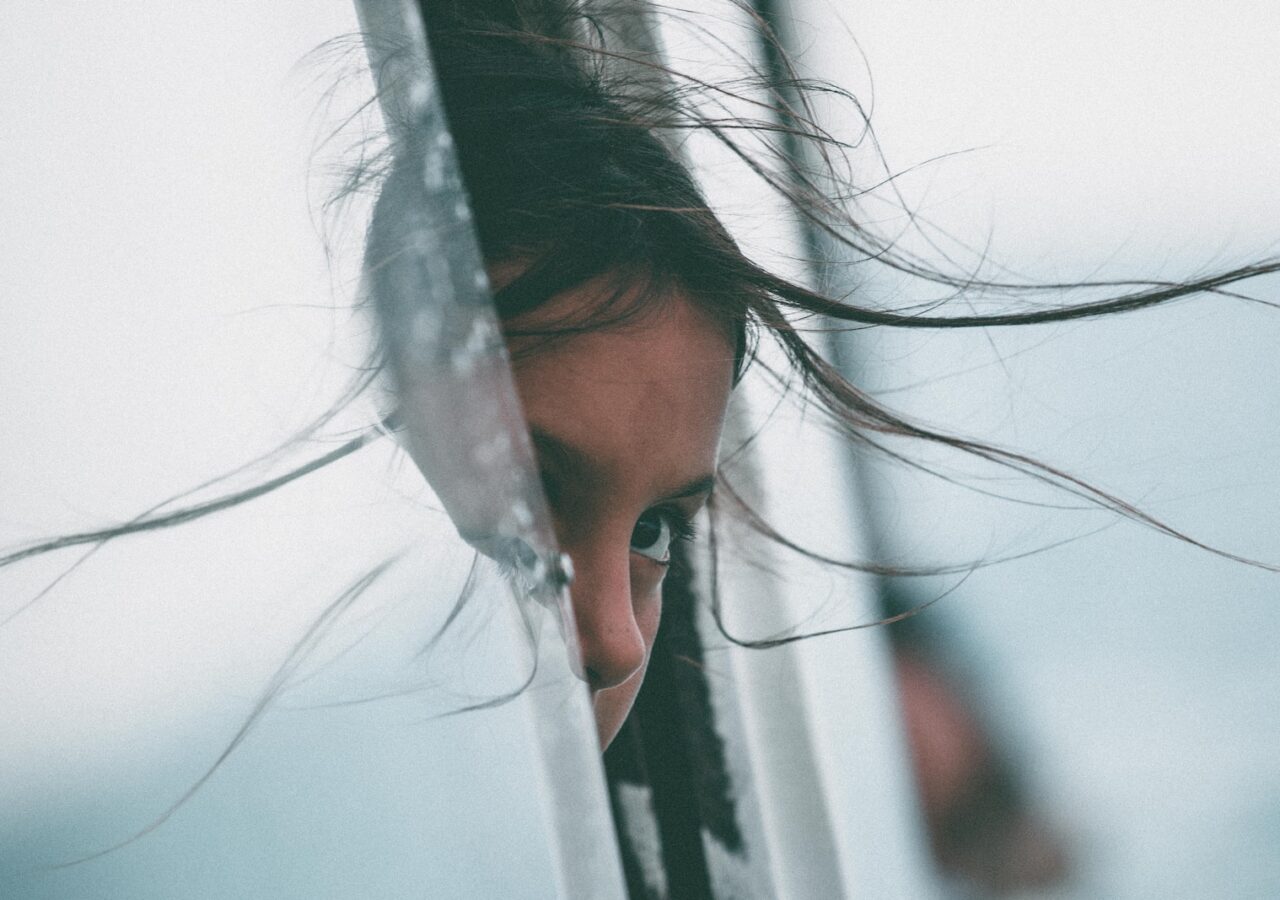Unveiling the unseen bridge between parental stress and children’s unruly behaviour, with an exploration of Islamic teachings on managing anxiety for a harmonious household.
Is Our Stress Affecting How Our Children Behave?

In the tender world of parenting, the emotional dance between parents and their children is a delicate one. Our young ones often hold a mirror to our emotions, reflecting them through altered behaviours. But could our stress be fuelling their little rebellions?
Research unveils that children often mirror parental anxiety through unruly behaviors. When the calm in us trembles, the rebel in them might just be waking up. The web of emotions spun around the household can significantly impact the behaviour of children, shaping their responses to the world around them.
The Outburst of Unseen Emotions
When we are anxious or stressed, our children might react by testing boundaries – talking back, breaking rules, and showcasing a spike in defiant behaviours. It’s not merely defiance; it’s an echo of the anxiety and stress they sense in us. Our reactions to life’s stresses teach them how to react to their own challenges.
As they mirror our anxious behaviours, a cycle of defiance may emerge. Our approach to managing stress greatly influences their ability to cope with challenges. The journey of parenting amidst personal anxieties is indeed a challenging one, yet laden with opportunities for growth and learning.
Recognising Our Stress
The first step towards breaking the cycle is recognising our own stress. Identifying changes in our behavior and mood, and how they correlate with our children’s unruly behaviour is crucial. Observing our reactions in stressful situations provides insight into what our children are learning from us.
If you’ve noticed a spike in defiant behaviours from your children, it might be a call to reflect on your own stress levels. Prophet Muhammad ﷺ has emphasized the importance of self-reflection and mindfulness. It’s a chance to assess our reactions and the emotional ambiance we are creating at home.
Nurturing Sakoon (Tranquility)
In the realm of Islamic teachings, the concept of Sakoon (tranquility) holds a profound place. It’s a state of peace and calmness that one can attain amidst the whirlpool of life’s stresses. Nurturing Sakoon within ourselves and our homes is a beautiful endeavor that echoes through the behavior and emotional well-being of our children.
The time spent after Salah is a golden opportunity to express our stresses and anxious thoughts to Allah through Dua (supplications). Pouring our hearts out, laying down the burdens of our worries, and seeking guidance in the sacred conversation with our Creator, paves the way to a heart filled with Sakoon.
Reflecting Calm, Fostering Sakoon
As we strive to embody the calm, to hold the reins of patience tightly, and to nurture Sakoon within ourselves, the ripple effect touches the tender hearts that look up to us. Our efforts to manage stress and anxiety through the teachings of Islam not only benefit us but extend to the emotional and behavioral well-being of our children.
The voyage of parenting, filled with moments of both turbulence and tranquility, is a journey towards nurturing a household resonating with Sakoon. And as we traverse this path, every effort to manage our stresses in the light of Islamic teachings, every moment spent in Dua after Salah, and every step towards embodying patience and understanding, plants seeds of tranquility in the fertile hearts of our children, fostering a serene, loving, and understanding atmosphere for them to flourish in.


